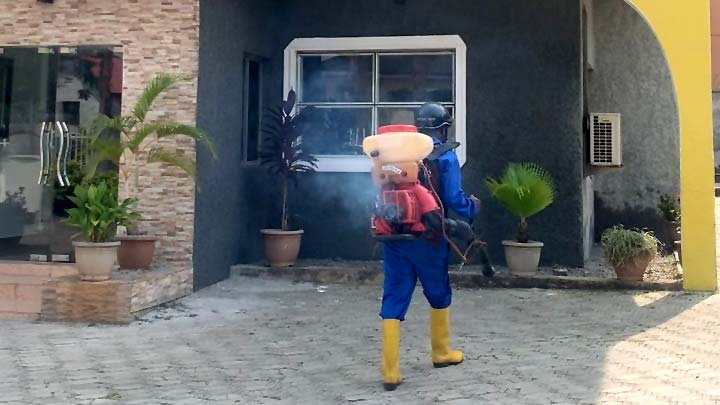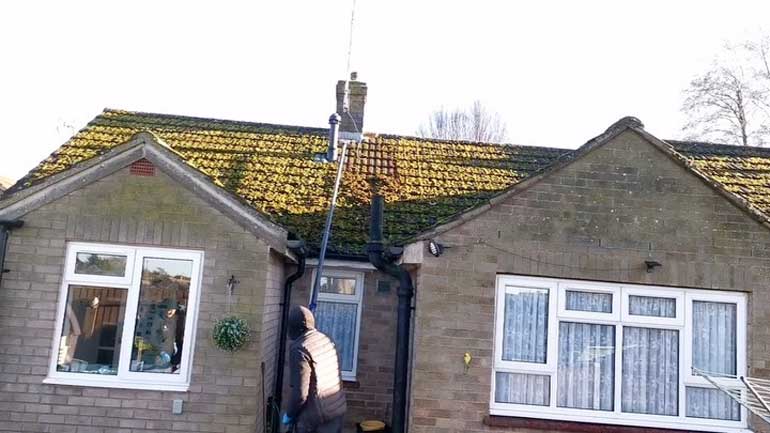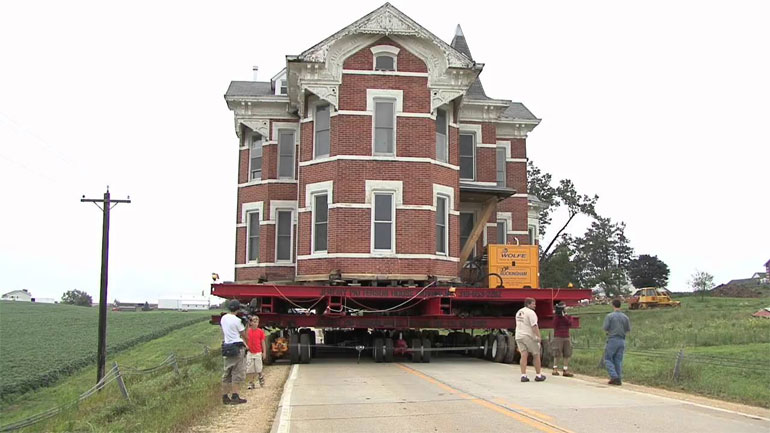As we come to the end of the decade, more and more people are understanding the importance of becoming environmentally friendly. When people think about being environmentally friendly they may consider recycling more plastic or reducing the amount they drive. However, there are some different, unique ways that help you to be more environmentally friendly.
Chicken houses and coops have traditionally always been built with wood. Whether you have a smallholding or our a homeowner with your own small brood of chickens, then wooden coops have been the go-to design to keep your little darlings happily laying eggs. But times are changing. Plastic chicken coops are fast becoming the best way to keep your egg-laying feathered-friends safe, secure, and in comfort.
Wooden Vs Plastic Chicken Coops
Wooden coops have historically been preferred because they are relatively easy to expand. With a few extra planks, wire, and some screws, you can add extensions to your coop as your feathered brood grows. However, there are other benefits that come from plastic coops that may outweigh the advantages that come with wooden coops.
If you’ve ever kept chickens you will know the biggest concern when raising chickens is red mite. Red mite is much more prevalent in wooden coops, which is one of the reasons plastic coops are on the rise. It is an ectoparasite that lives on the outside of its host, in this case, the chickens, to suck their blood. The mites hide in the crevices of the coop during the day, emerging at night to feast on the chicken. That sounds bad enough, but it also reduces egg production and can, in extreme cases, kill the chicken.
Whilst plastic coops don’t eliminate red mites completely, they do reduce their risk dramatically. This is because plastic coops are much easier to clean. A plastic chicken coop can be emptied, cleaned with a hose, disinfected, and dried in less than an hour. Wooden coops require more time to be dried and, as the wood weakens, it creates more crevices for red mites to hide.
Maintaining Your Chicken Coop
Other than cleaning, plastic coops are practically maintenance-free. There’s no wood to treat with poultry-safe wood preservative or sections to replace when they begin to rot. Bearing in mind what wooden coops have to deal with, it’s no surprise to hear that they rot. Obviously, plastic coops do not have to deal with this issue, making them a great long-term option for your chickens. Plastic coops are also practically weather-proof, which is another reason why they last much longer than wooden coops.
ECO-Friendly Chicken Coops
In these modern times, we are all facing demands to be more environmentally friendly. This doesn’t have to stop with buying chicken coops. Many plastic coops are now made from recycled materials. Not only that, but any off-cuts are recycled too, ensuring these coops are as environmentally friendly as possible. You’re probably thinking, wood is renewable, so how can plastic be more environmentally friendly? You’re right, but not all wood is harvested sustainably.
Whilst wooden coops that are made in the UK meet the Forest Stewardship Council (FSC) requirements, most of the cheaper ones that are imported from abroad do not. If your coop is imported from China then the wood is taken from areas with alarming deforestation levels. As well as this, plastic coops, while being a similar price to wooden coops, are a better long-term alternative and are cheaper to maintain over time.
It’s important to remember that there are always going to be pros and cons with anything you buy, but with chicken coops, it’s all about creating a better life for the chickens and the owner. Please make sure you do plenty of research, so you can find the right chicken coop for your needs.
As we adopt eco-friendly products into our lives as standard, we need to think about the big picture, even if it starts with a small garden full of happy chickens.
Contact Us Today
If you would like to find out more about eco-friendly chicken coops and houses then do not hesitate to get in contact with us at Cocoon Chicken Coops. We will be happy to help by providing you with the best and most eco-friendly chicken coops and houses available. To get in contact with us you can phone us on 0845 8730253.





